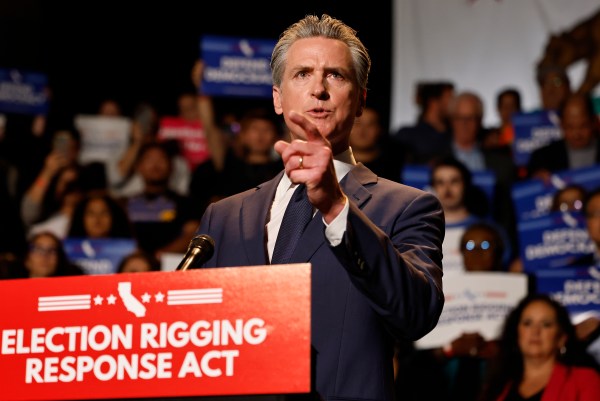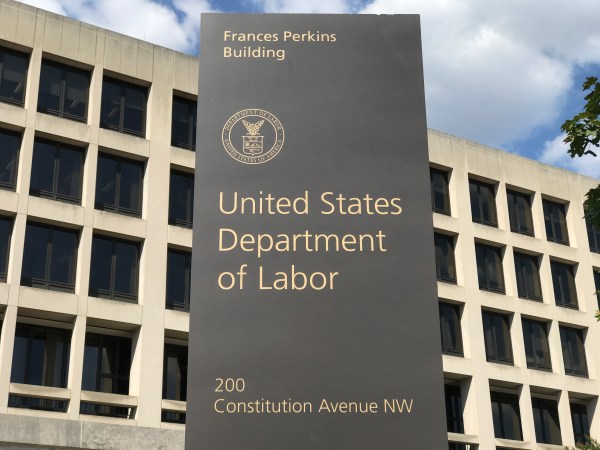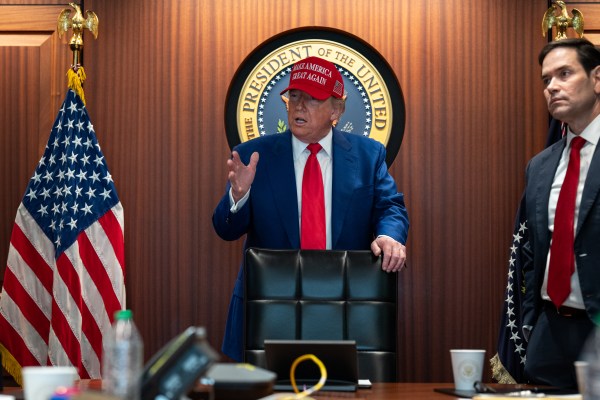It’s the dog days of summer, that fallow time in August when nothing is growing in the field of politics. Congress is usually on recess, political campaigns are preparing for the final post-Labor Day push to the finish line, and even presidential schedules are relatively light. That’s especially the case in an “off year” like 2025, with the midterm elections still 15 months away.
Of course, these aren’t normal times, and this August has had its share of political activity. There was last week’s summit in Alaska between President Donald Trump and Russian president Vladimir Putin, which seems to have achieved, well, not a whole lot in reaching a conclusion to Russia’s war on Ukraine. More productive, and perhaps better for Ukraine, was the meeting Trump held with President Volodymyr Zelensky in Washington on Monday, joined by several leaders from the European Union.
To be sure, there are the restrictionist elements in the Trump administration looking to rein in any promises of security guarantees for the Ukrainians, and the result is that America’s position on the war in Ukraine feels as confused as ever.
Meanwhile, the federal takeover of law enforcement in the nation’s capital continued this week. My colleague James Sutton’s reporting is that while the increased presence of federal law enforcement has likely resulted in a significant number of arrests, most of those arrests have been immigration-related and seem primarily to be fulfilling Trump’s goal of immigration enforcement rather than strictly cleaning up D.C’s streets of violent criminals.
But as James also notes, the National Guard soldiers (both from D.C’s own contingent and those from other states) have almost nothing to do with the spate of arrests and have been largely standing guard in front of federal buildings.
The presence of the National Guard is both conspicuous (thanks to the large armored vehicles parked in places like Union Station and near the National Mall) and rather anticlimactic. And the ongoing protests from D.C. residents, including some that interrupted Vice President J.D. Vance’s recent trip across town to Union Station, just feel like part of the norm in Trump’s Washington these days.
—Mike
Top Stories From the Dispatch Politics Team

Newsom Targets Trump as Redistricting Fight Takes Shape

Can MAGA Make Use of Mamdani?

The Data Driving the Looming Redistricting War

Jewish Democrats Labor to Maintain Party’s Support for Israel

Showmanship and Sycophants

What’s Next for the Bureau of Labor Statistics?
Enjoying our Dispatch Politics Roundup? Consider forwarding this article to someone you know who likes independent, fact-based journalism.








Please note that we at The Dispatch hold ourselves, our work, and our commenters to a higher standard than other places on the internet. We welcome comments that foster genuine debate or discussion—including comments critical of us or our work—but responses that include ad hominem attacks on fellow Dispatch members or are intended to stoke fear and anger may be moderated.
With your membership, you only have the ability to comment on The Morning Dispatch articles. Consider upgrading to join the conversation everywhere.